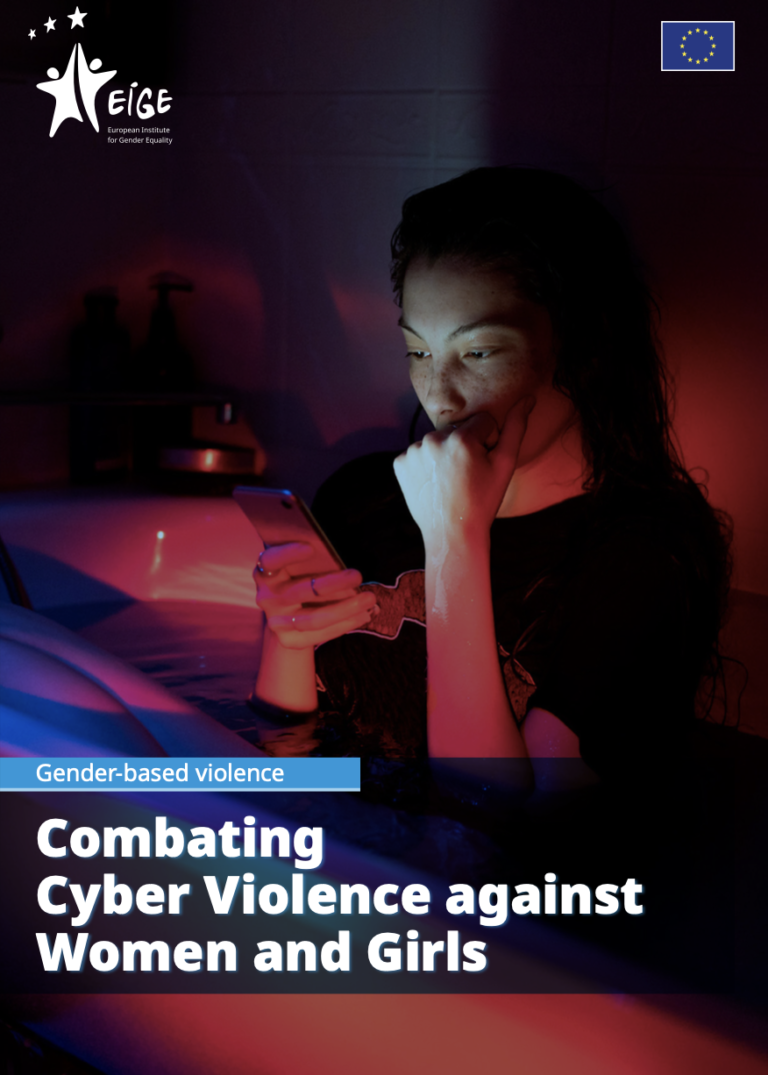Digital platforms have often been celebrated for allowing equal opportunities for public self-expression, regardless of one’s identity and status.
Yet, not everyone is welcome in the cyberspace. The digital arena has become a breeding ground for a range of exclusionary and violent discourses and beliefs, expressed and disseminated in a context of anonymity and impunity.
Both women and men can be victims of cyber violence. However, evidence shows that women and girls are highly exposed to it. Not only are they more likely to be targeted by cyber violence; they can also suffer from serious consequences, resulting in physical, sexual, psychological or economic harm and suffering.
Women and girls often end up withdrawing from the digital sphere, silencing and isolating themselves and eventually losing opportunities to build their education, professional career and support networks.
The aim of this report is to provide an in-depth investigation into the phenomenon of cyber violence and to examine how it affects women and girls specifically.

